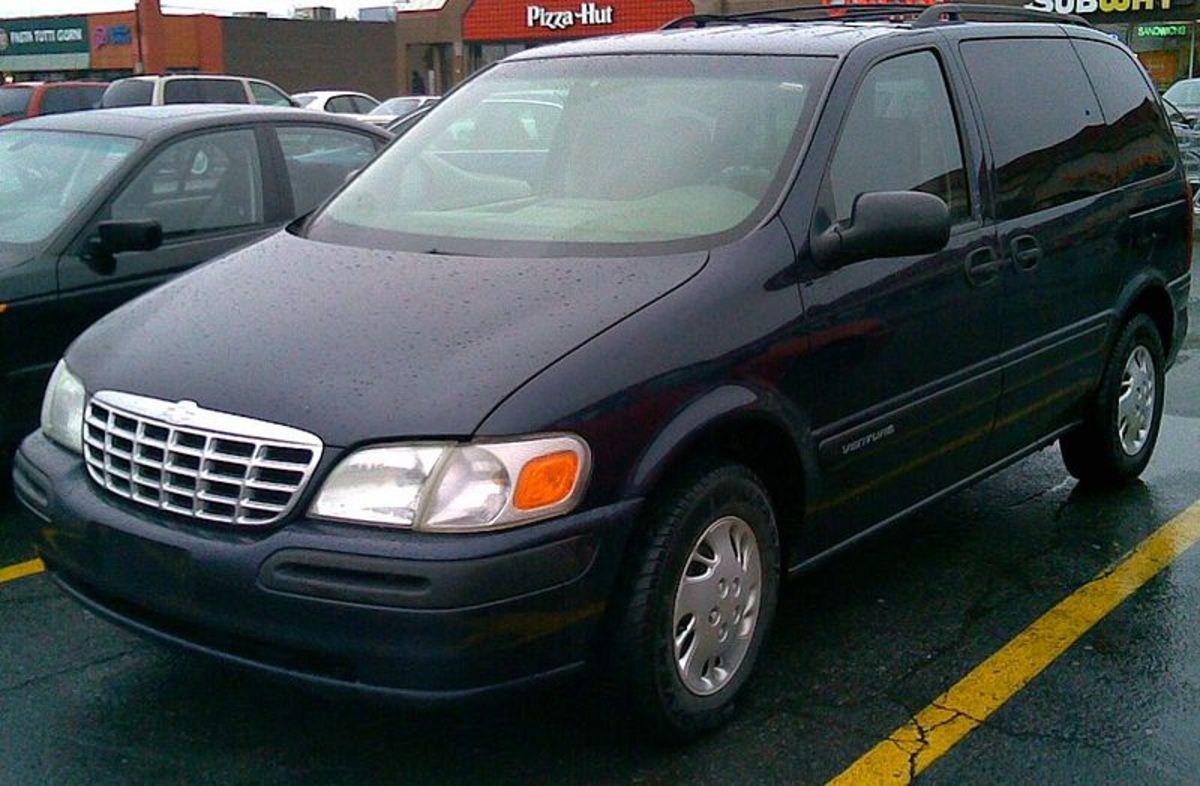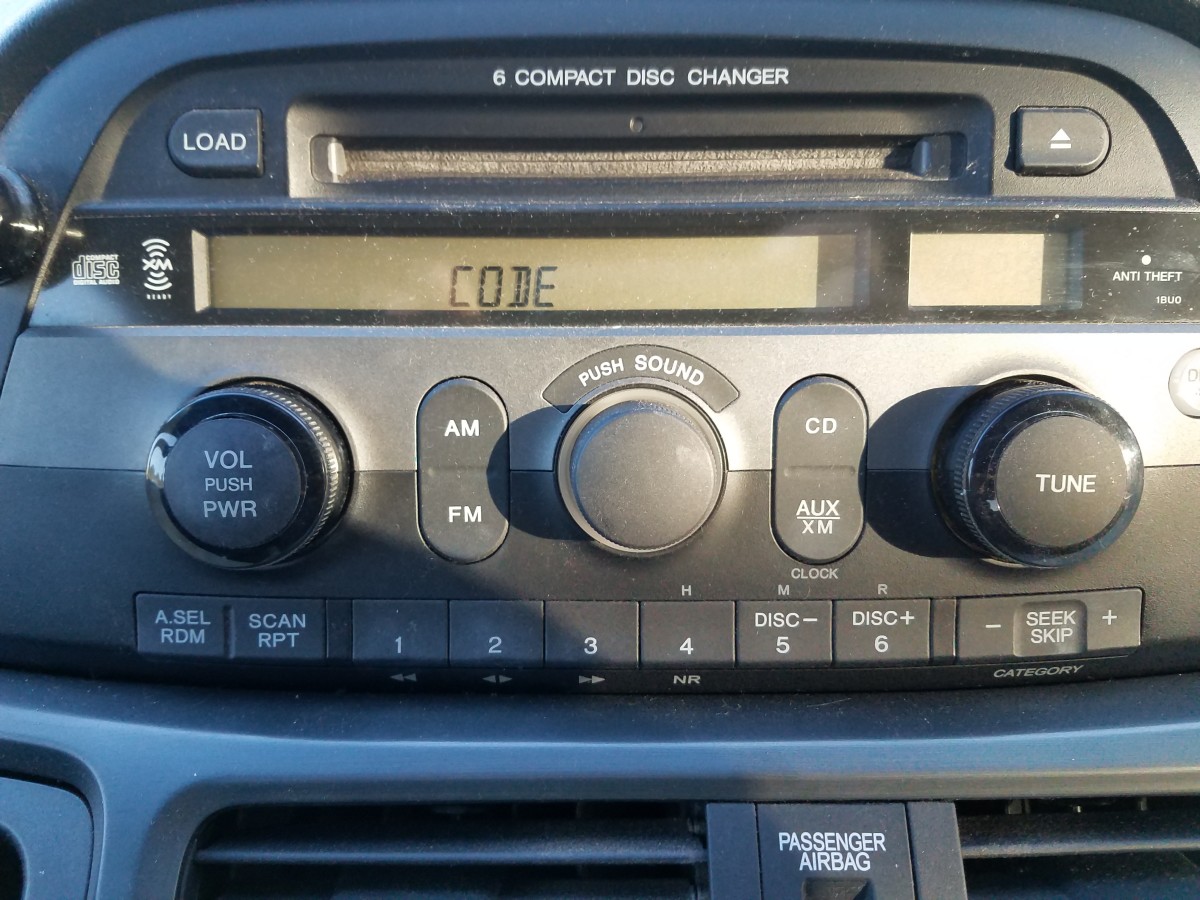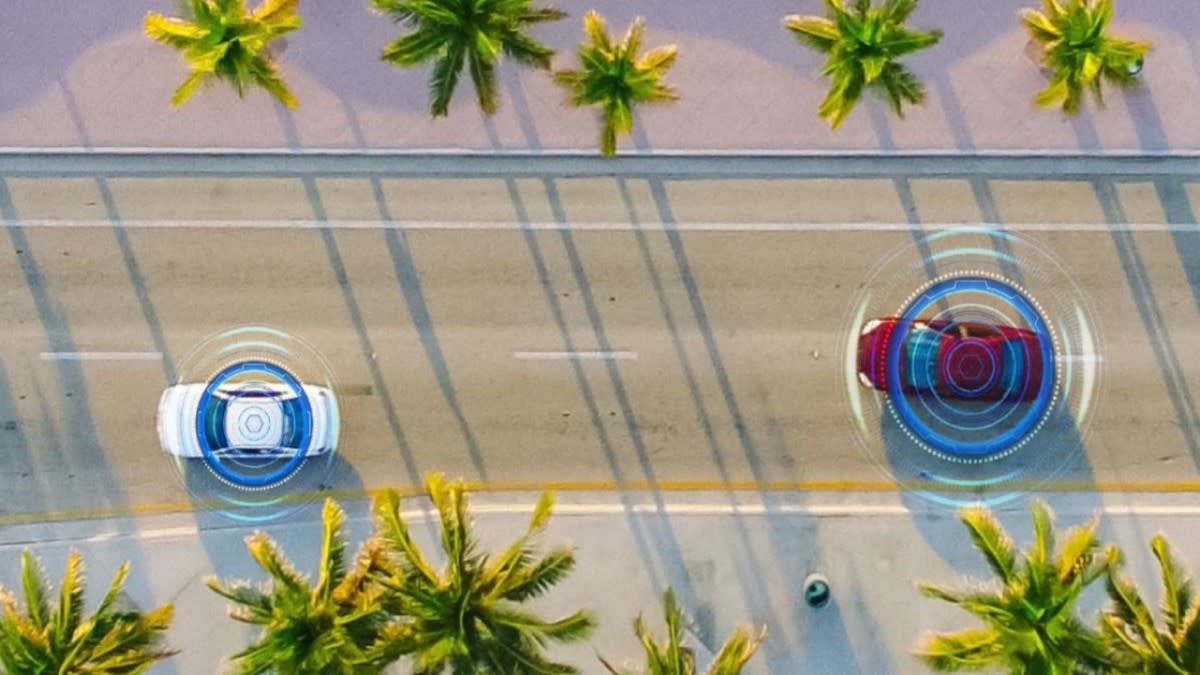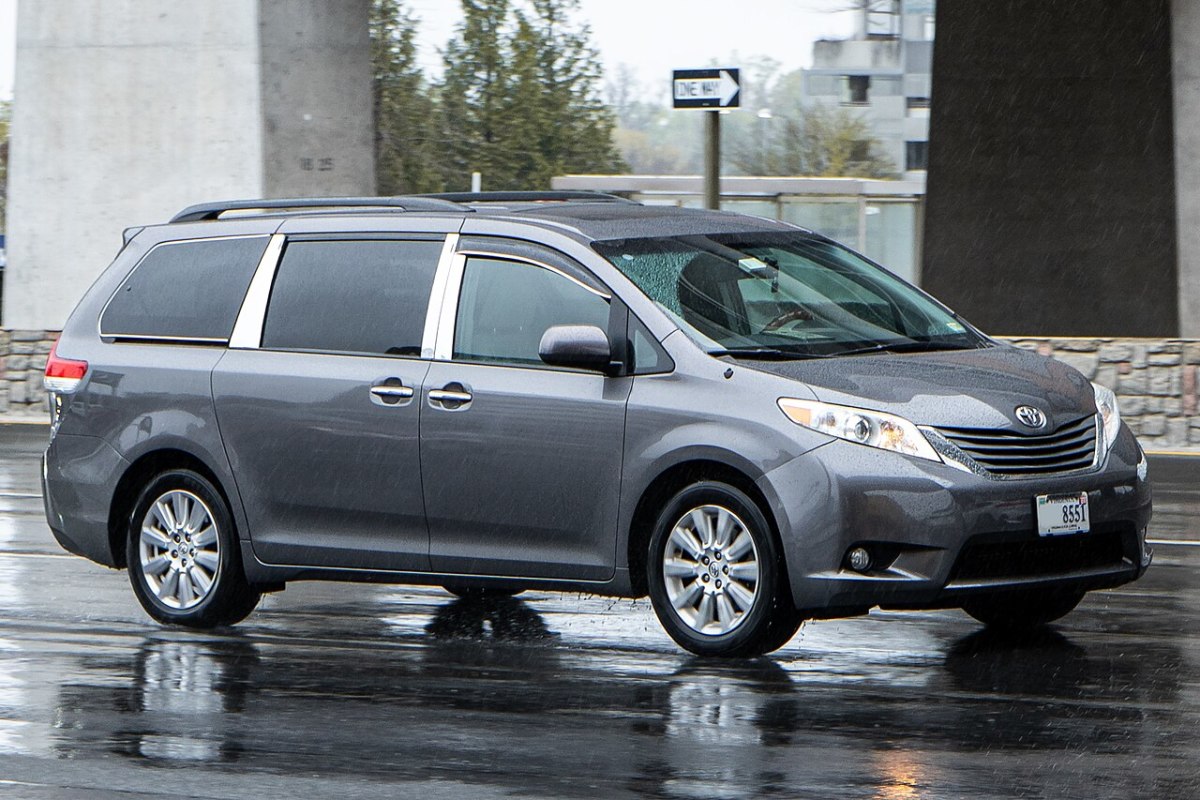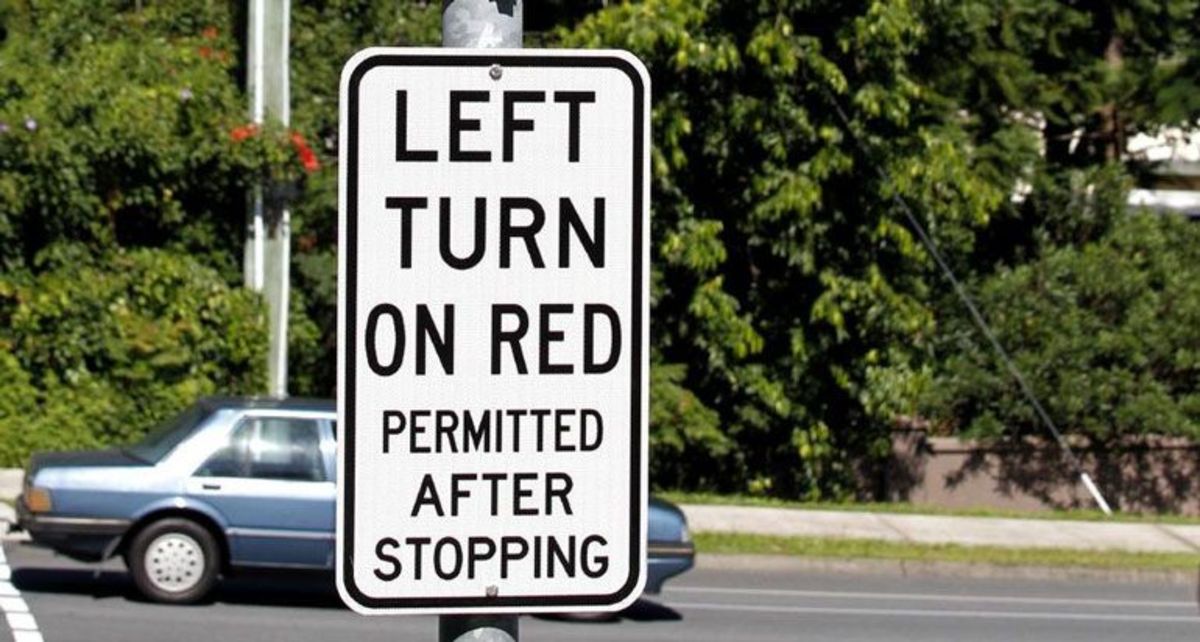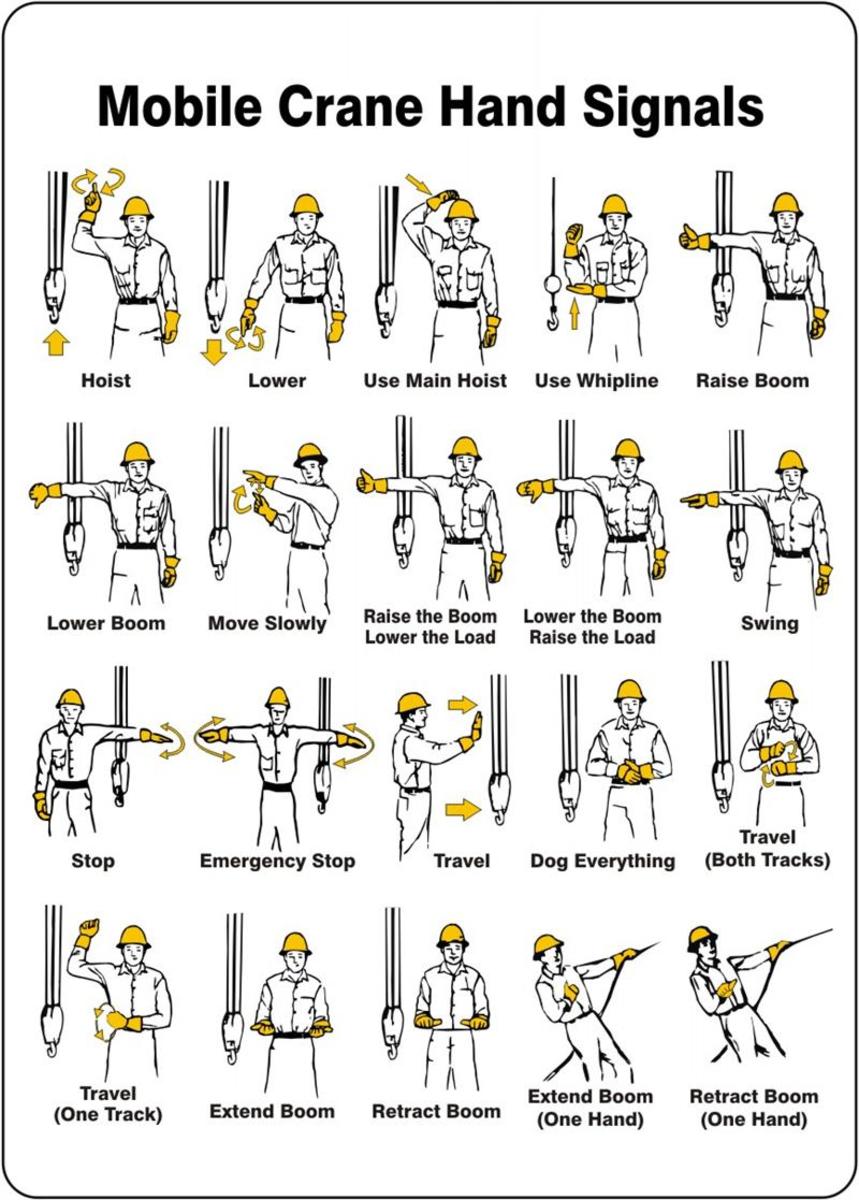Automobile Lemon Laws - A Guide
Lemon laws have been developed in each state in the United States to help consumers deal with vehicles they have bought that are defective and the defect is significant enough to prevent the owner from using the vehicle for the purposes that it was intended. There are also other lemon laws for different types of equipment and even other types of vehicles such a off-road vehicles, recreational vehicles, boats and even computers, however they are not typically as well known or as common and the vehicle lemon laws.
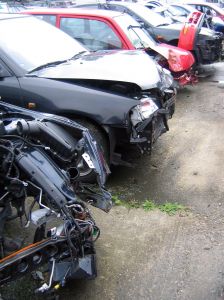
History of Automobile Lemon Laws
Automobile Lemon laws to protect consumers have not always been on the books in the United States and in fact it wasn't until 1982 that the current lemon laws were put in place. The first issue with regards to lemon laws was started by one person, Rosemary Shahan of Lemon Grove, California, who first started picketing her vehicle dealership when in 1972 it took them over 5 months to repair her brand new vehicle. She went on to work with other concerned and frustrated new vehicle owners to form an organization known as Consumers for Auto Reliability and Safety (CARS), which then worked through the California and Connecticut legislatures to pass the first automobile lemon laws.
Many people don't realize that automobile lemon laws are actually different between states and the law that is considered to have precedence is the law in the state in which the vehicle was purchased. The last of the state lemon laws were passed in 1993, ensuring that all new vehicle owners have legal safeguards when buying a car, truck, van or on road motorized vehicle with regards to its performance and reliability. The various state statutes and laws are roughly based on the Federal Magnuson-Moss Warranty Act that means that any breach of the warranty contract between the dealership or manufacturer and the consumer is considered a violation of a federal law. In some states this statute allows for the consumer to not only receive a new vehicle and full compensation for any and all repairs and expenses but it also allows the consumer to claim compensation for any legal fees incurred in the case if they are successful.
What Qualifies For an Automobile Lemon Law Claim?
The automobile lemon laws are very specific and are unique from state to state, so knowing what qualifies as a violation of the lemon law in the state that the vehicle was purchased is important. In very general terms the lemon laws address mechanical and body problems with new vehicles that prevent the owner from being able to use the vehicle in a safe and mechanically sound fashion.
In most states this is defined as a new vehicle that has been in to an approved service repair shop for four times for the same serious mechanical problem or that has been in the repair shop for 30 or more days within the first 12 to 24 months or 12,000 to 18,000 miles after the owner has taken possession of the vehicle from the dealership.
Automobile lemon laws are also designed to protect drivers and occupants of a new vehicle that may have been incorrectly repaired while in the shop for the original complaint. Lemon laws do not provide the same protection for used vehicles, even if they are sold with a manufacturers or dealership warranty. The typical issues for a lemon law claim include the vehicle does not start or run after the repairs have been attempted four times, however if the lack of repair poses serious risk to the safety of the driver or the passengers it may qualify if the repair is not completed on the first attempt at correction.
What Does Not Qualify For an Automobile Lemon Law Claim?
Minor defects in the vehicle that may affect the appearance of the vehicle such as paint that is chipped or marred, interior design flaws, poor wear on upholstery or carpeting or other non-mechanical defects are not typically covered. The exception would be in some instances where they severely devalue the resale amount of the vehicle, but only if this occurs within the warranty period.
If the vehicle is into the shop for a variety of minor repairs, but each repair is fixed and corrected, the vehicle may qualify but also may not. Again, each state will have different tolerance or acceptable levels of these types of minor repairs, especially if the vehicle is still operating but is just making strange noises or occasionally stalling out but generally operates in an acceptable fashion. Lights that don't come on, doors that are sticking when opened or even windows that don't roll down or up won't qualify for automobile lemon law claims.
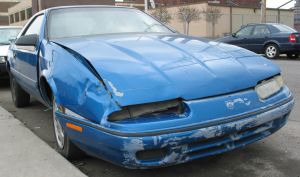
How To Document Your Problems
One of the key factors in determining if you have a lemon law claim for your new vehicle is to make sure that you document all interactions with the dealership and certified repair shop. You do have to give the manufacturer a chance to fix the problem and you cannot start a claim before the repairs have been completed.
Generally all new car, truck, van or on road motorized vehicle owners should carefully maintain a record of all repairs, scheduled service operations and any complaints about the vehicle that are noted and reported to the dealership or manufacturer. Since the lemon laws only apply when the vehicle is under warranty or within a specific timeframe or mileage amount, don't put off getting repairs as this can actually cost you both time and money in the long run.
To accurately document your problems with your vehicle be sure to:
- Keep accurate records of all repairs, including routine service repairs and any comments or concerns noted by repair professionals or by yourself at the time of repair. Use a repair log that is found in the owner's manual to keep accurate records. This should include dates, times and people's names that you spoke to about any concerns or complaints.
- After you have discussed the problems with the dealership, follow up with a registered letter if the situation is not corrected immediately and to your satisfaction. Keep a copy of the registered letter receipt confirmation as well as a copy of the original letter for your records. Remember the manufacturer, not the dealership, is responsible for both the repairs (through the dealership) and buying back a "lemon".
- Always get a copy of any repair orders completed while the vehicle is under warranty. Many times unless you ask these will not be supplied at the time of repair. By keeping the records you have clear evidence if the same repair has been attempted more than once.
Make sure that your complaint information or why you brought the vehicle to the repair shop in the first place is clearly indicated on the warranty repair order and was documented by the service technician.
Get Automobile Lemon Laws Attorneys Involved Early
If you believe that the dealership or the manufacturer is not addressing the issue and you are concerned about your chances of having purchased a "lemon", it is a great idea to consult with an attorney in your area. Most attorneys prefer to become involved earlier rather than later, sometimes just the fact that you have consulted with an attorney and they draft a letter regarding the vehicle to the dealership seems to make the process move more smoothly. They can also ensure you keep the documentation and records you need, should you have to go to court.
Since many attorneys will meet with clients once for a free consultation, phone around and find one or more attorneys and take the time to talk with them before deciding how you should proceed.
Ever been caught out?
Have you ever bought a car that turned out to be dodgy?
Other useful hubs
This hub brought to you...
by Julie-Ann Amos, professional writer, and owner of international writing agency www.ExquisiteWriting.com
Why not create your own HubPages? It's fun and you can make revenue from Adsense and other revenue streams on your pages. JOIN HUBPAGES NOW
This work is licenced under the Creative Commons Attribution-Non-Commercial-No Derivative Works 3.0 Unported License. To view a copy of this licence, visit http://creativecommons.org/licenses/by-nc-nd/3.0/ or send a letter to CreativeCommons, 171 Second Street, Suite 300, San Francisco, California94105, USA.

